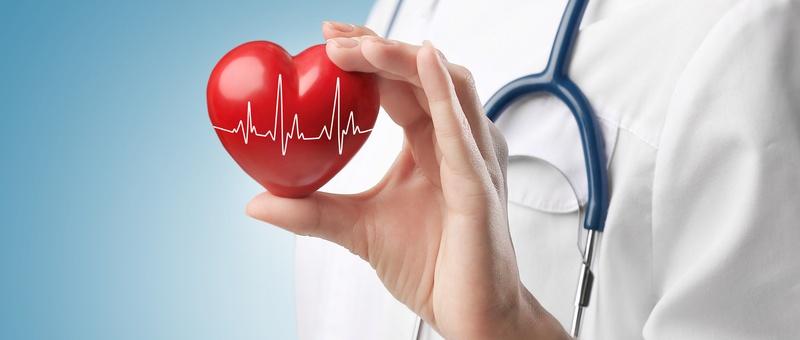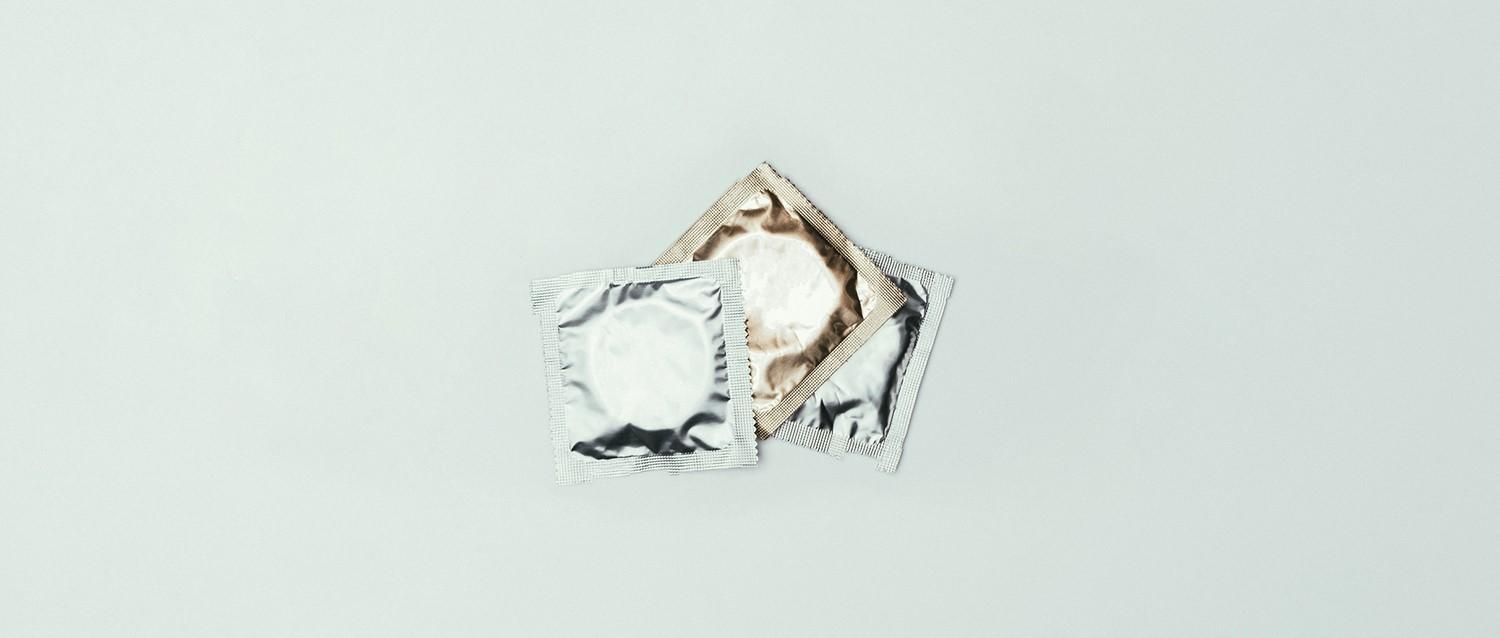
What erectile dysfunction could mean for your heart
Peer reviewed by Dr Sarah Jarvis MBE, FRCGPLast updated by Dr Anna Cantlay, MRCGPLast updated 6 Feb 2018
Meets Patient’s editorial guidelines
- DownloadDownload
- Share
- Language
- Discussion
Erectile dysfunction (ED) - or impotence - is when a man has trouble either getting or maintaining an erection. It's extremely common, with up to half of 40-70 year olds experiencing it to some degree.
Despite this, many men find it difficult to talk about and so suffer in silence, not wanting to bother their GP. The fact that Viagra® is now easily accessible online or over the counter without a prescription means many self-treat without support. But what most don't realise is that such behaviour could spell bad news for their heart.
In this article:
Continue reading below
Erectile dysfunction reasons
Erections happen when two sponge-like chambers in the penis, called the corpora cavernosa, become engorged with blood. Problems with this process are the leading cause of erectile dysfunction. And now a growing body of evidence states that impotence can predict heart disease.
ED can happen for a variety of reasons. Most men occasionally experience problems 'getting it up' but this doesn't necessarily mean there's a problem. For instance, it might occur after drinking alcohol or when you are tired or stressed.
More prolonged erection problems could be a sign of an underlying issue. The cause could be psychological or physical and sometimes certain medication may also contribute. Physical causes are more common, being responsible for 8 out of 10 cases of ED.
A good way of distinguishing between psychological and physical causes is to see if you are still getting night-time or morning erections. If you are, it points to it being psychological. Impotence associated with poor mental health also tends to come on more gradually, and can also be associated with problems such as premature or delayed ejaculation.
Psychological causes
Psychosexual factors - relationship issues, lack of arousability, previous bad sexual experiences or sexual abuse.
Psychiatric conditions such as anxiety or depression.
Stress.
Physical causes
Conditions that affect the blood flow to the penis, such as diabetes, cardiovascular disease and high cholesterol. These can lead to atherosclerosis (a build-up of a fatty limescale) in the blood vessels of the penis.
Neurological conditions such as stroke, multiple sclerosis, Parkinson's disease and spinal injuries.
Hormonal imbalances, such as thyroid disease or low testosterone levels.
Complications from surgery, such as prostate surgery.
Anatomical problems, such as Peyronie's disease.
Recreational drug use and alcohol can also lead to ED. Prescribed medication such as certain blood pressure medication, antidepressants and antipsychotics can also contribute. If you think your medication could be the cause, discuss this with your GP.
Take heart
In 2006, the late cardiologist Graham Jackson stated in a paper published in European Heart Journal: "A man with erectile dysfunction and no cardiac symptoms is a cardiac patient until proven otherwise."
Since then, more and more studies have pointed to a link between ED and the development of cardiovascular disease such as heart attacks and strokes.
Christopher Allen, senior cardiac nurse at The British Heart Foundation explains the relationship between the heart and erections:
"Erectile dysfunction can be a symptom of coronary heart disease. This is because blood flow to the penis can be restricted by the build-up of fatty deposits in the arteries, called plaques. Because the arteries in the penis are so narrow, erectile problems are often one of the first warning signs of blocked arteries, which increases your risk of having a heart attack or stroke."
We know now that ED can precede the development of heart disease by 2-5 years, and is as important a predictor as moderate smoking. Heart disease and ED also share the same risk factors, including obesity, diabetes, high cholesterol, physical inactivity and smoking.
"So if you're experiencing problems with erectile dysfunction we'd advise you book an appointment with your doctor, as it is important that if it is caused by an underlying medical condition, it is detected early," adds Allen.
Age is also important. The younger men are (especially those <50 years), the more likely it is that that ED could be a sign of heart disease. Severity should also be considered; the worse the ED, the greater the impact on your heart.
Heart disease is a leading cause of death in men. Men who come to their GP with ED should have a cardiovascular risk assessment. This includes checking your weight, blood pressure and smoking status as well as arranging some blood tests.
Continue reading below
Keep it up
Your doctor will aim to treat the cause of your ED. The first step is speaking to your GP so they can get you the help you need.
Lifestyle changes
Maintaining a healthy lifestyle is a really important part of both ED prevention and treatment. Keeping physically active, maintaining a healthy weight, avoiding smoking and excessive alcohol consumption can all help to keep ED at bay and improve symptoms if it does develop. This will also have a positive impact on your overall well-being, including your heart health.
Treatments
Several treatments are available to help treat ED, either through your GP or through a specialist referral to a urologist. These include tablets, creams, injections and vacuum pumps. Speak to your GP about the right option for you.
Patient picks for Men's sexual health

Sexual health
What you need to know before you take erectile dysfunction medication
You can now buy erectile dysfunction (ED) medication over the counter at pharmacies. However, some men would be better off seeing their GP first as dosage and treatment options may need adjusting, and persistent ED can be an early warning sign of cardiovascular disease and other health conditions.
by Sally Turner

Sexual health
Do condoms really cause erection problems?
When it comes to safe sex, condoms are often the best option. Protecting against pregnancies (where applicable) and the transmission of many sexually transmitted infections (STIs), they are especially useful in new relationships or casual encounters. Unfortunately, they come with a couple of well-documented downsides. For many guys, using a condom means losing sensation. And when things are heating up in the bedroom, finding a condom and putting it on can interrupt the flow of sex.
by Abi Millar
Continue reading below
Article history
The information on this page is peer reviewed by qualified clinicians.
6 Feb 2018 | Latest version

Ask, share, connect.
Browse discussions, ask questions, and share experiences across hundreds of health topics.

Feeling unwell?
Assess your symptoms online for free
Sign up to the Patient newsletter
Your weekly dose of clear, trustworthy health advice - written to help you feel informed, confident and in control.
By subscribing you accept our Privacy Policy. You can unsubscribe at any time. We never sell your data.